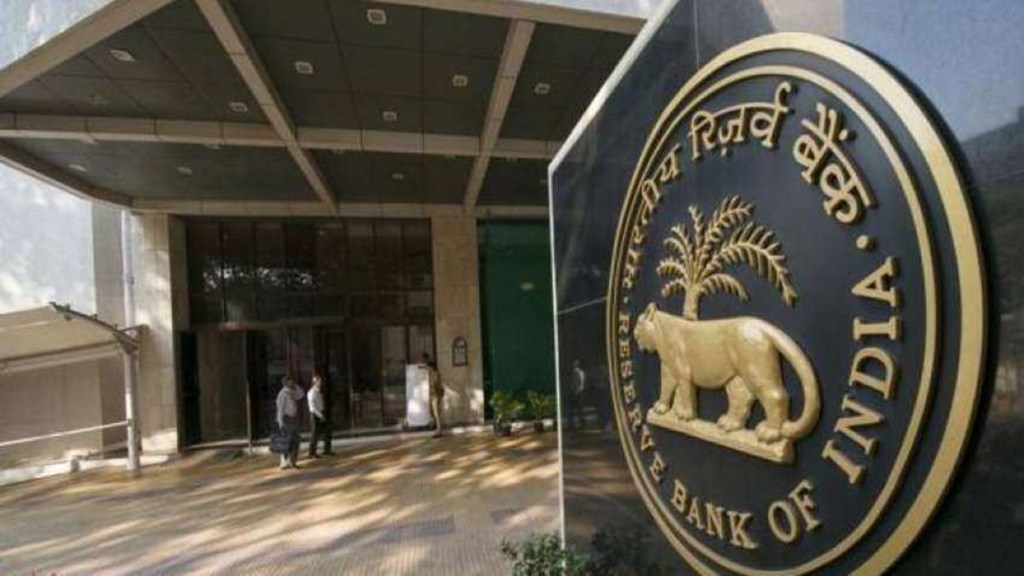The Reserve Bank of India (RBI) on Friday announced a new benchmark, Secured Overnight Rupee Rate (SORR), which will include repo and tri-party repos (TREPS).
“With a view to further develop the interest rate derivatives market and improve the credibility of interest rate benchmarks, the Reserve Bank proposes to introduce a new benchmark, SORR,” governor Shaktikanta Das said.
At present, the Mumbai Interbank Offered Rate (MIBOR), based on the overnight interbank call rate, is used as the benchmark rates for overnight money market transactions. The MIBOR only represents around 2% of the money market as participation in the call market is only limited to banks and primary dealers. With the introduction of a new benchmark, around 98% of transactions done in the overnight segment will be captured.
Market participants will now have a clearer picture of overnight transactions. Secured markets such as repo and TREPS comprise a wide range of participants, including mutual funds, unlike the interbank call money market, where banks and primary dealers can only participate.
The shift from the MIBOR to SORR will gradually happen. “It will take time to implement this. FBIL (Financial benchmark India) will indicate the timeline,” an official with the direct knowledge of the matter said.
Earlier, the central bank’s committee on the MIBOR benchmark suggested that FBIL may develop and publish a benchmark based on the secured money market, referred to as the SORR.
The new rate will be calculated from trades executed during the first three hours in the repo and TREPS, the committee said. The market for repo in government securities (TREP and market repo), which accounts for 98% of overnight money markets and includes both banks and non-banks, is more representative and robust compared with the call money market, the report said. This makes it better suited as a benchmark for interest rate derivatives used for hedging.
“Call rate usually determines TREPS rates, but it should be other way round because trading volume is higher in TREPS than call,” said a call dealer with a state-owned bank.

